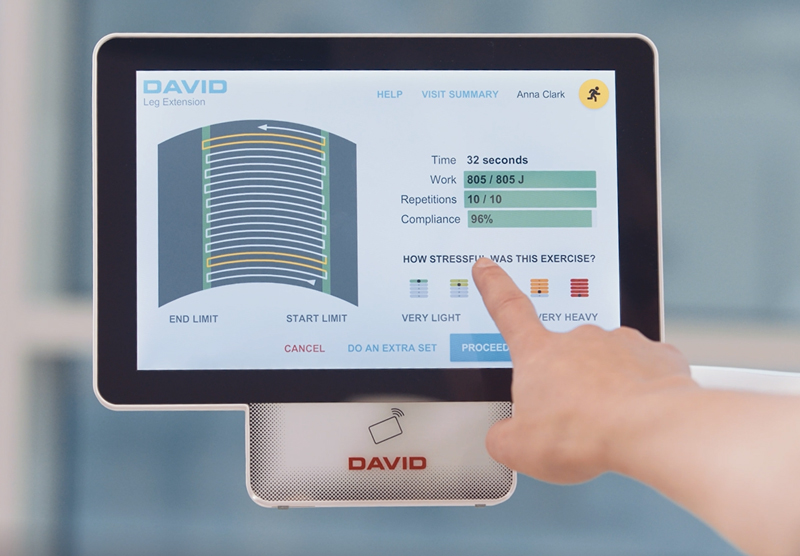Research - Validation Studies
Reliability of isometric trunk moment measurements in healthy persons over 50 years of age.
Year: 2014 Country: Austria Study Population: 42/44 (>50 years old/<50 years old)
Kienbacher T, Paul B, Habenicht R, Starek C, Wolf M, Kollmitzer J et al. Reliability of isometric trunk moment measurements in healthy persons over 50 years of age. Journal of Rehabilitation Medicine 2014;46(3):241-249.
Objective
To investigate the reliability of isometric trunk muscle strength measures in healthy people over 50 years and to compare these findings to those of younger patients (<50 years). The aim was also to test whether subjects’ anticipatory emotions and motivation correlate with the precision of the maximum isometric trunk muscle measurements.
Methods
Maximum isometric strength test in extension (110), flexion (130) and rotation (120). Test was repeated after 1–2 days (short-term) and at 6 weeks (long-term).
Retest-reliability was evaluated for age- and gender-specific subgroups, with assessment of intraclass correlation coefficient (ICC2,1), standard error of measurement, smallest real difference, and smallest real difference, in percent.
Outcome
Group >50 years: smallest real difference (%) values varied up to 33% and were similar to those obtained from participants <50. Precision of the trunk rotation tests was lower than that of trunk flexion or extension. Retest agreement exceeded 0.75 (ICC2,1) for all tests, with no relevant differences observed between gender- and age-specific subgroups. Neither participants’ motivation nor their anticipatory emotions correlated with the individual coefficients of variation of the trunk muscle moment measures.
